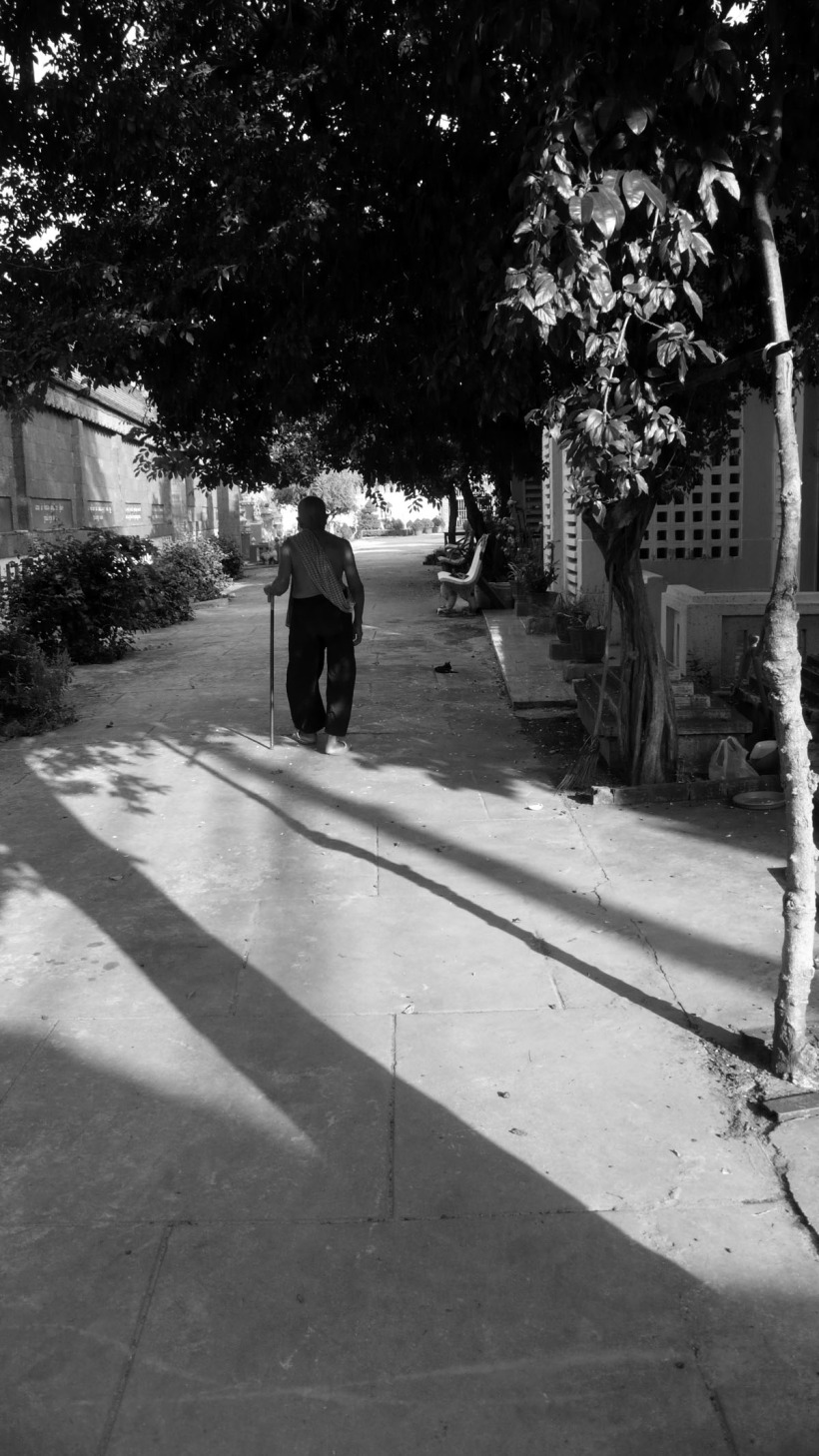a Japanese friend translates a poem
 05.5.2014
05.5.2014 We met in Bhaktapur, Nepal three hundred years ago.
He has a famous beard, laughs a lot and writes haiku.
His wife is known for her oils and watercolor paintings with a touch of fantastic harmony and mystery.
Every morning we sat near a Hindu temple when a man rang a huge iron bell at 7:30. Exactly.
|
Ame ni mo Makezu (Be not Defeated by the Rain) |
|
standing against the rain, |
|
standing against the wind, |
|
standing against the snow, |
|
the intense heat of summer |
|
keeping a strong body |
|
free from desire |
|
free from anger |
|
regardless, smiling peacefully |
|
four bowls of brown rice |
|
miso, a few vegetables, enough for a day |
|
putting myself aside in everything |
|
taking care of others first |
|
watching, listening carefully to the inner meaning, |
|
appreciating |
|
never forgetting |
|
beside the pine forest in the field |
|
sitting in a little thatched roof house |
|
hearing news about a sick child in the east |
|
I go and nurse him |
|
hearing news about a tired mother in the west |
|
I go and help her, rice bundles on my back |
|
hearing news about a man on his death bed in the south |
|
I go and comfort him |
|
hearing news about a quarrel or lawsuit in the north |
|
I go and tell them not to be so petty |
|
weeping with them in a drought |
|
aimlessly wandering around with them in the cold summer |
|
being called useless by others |
|
never being praised |
|
never receiving complaints |
|
such a person |
|
I want to be Ame ni mo makezu (Be not Defeated by the Rain[1]) is a famous poem written by Kenji Miyazawa,[2] a poet from the northern prefectureof Iwate in Japan who lived from 1896 to 1933. The poem was found posthumously in a small black notebook in one of the poet's trunks.
|







Reader Comments